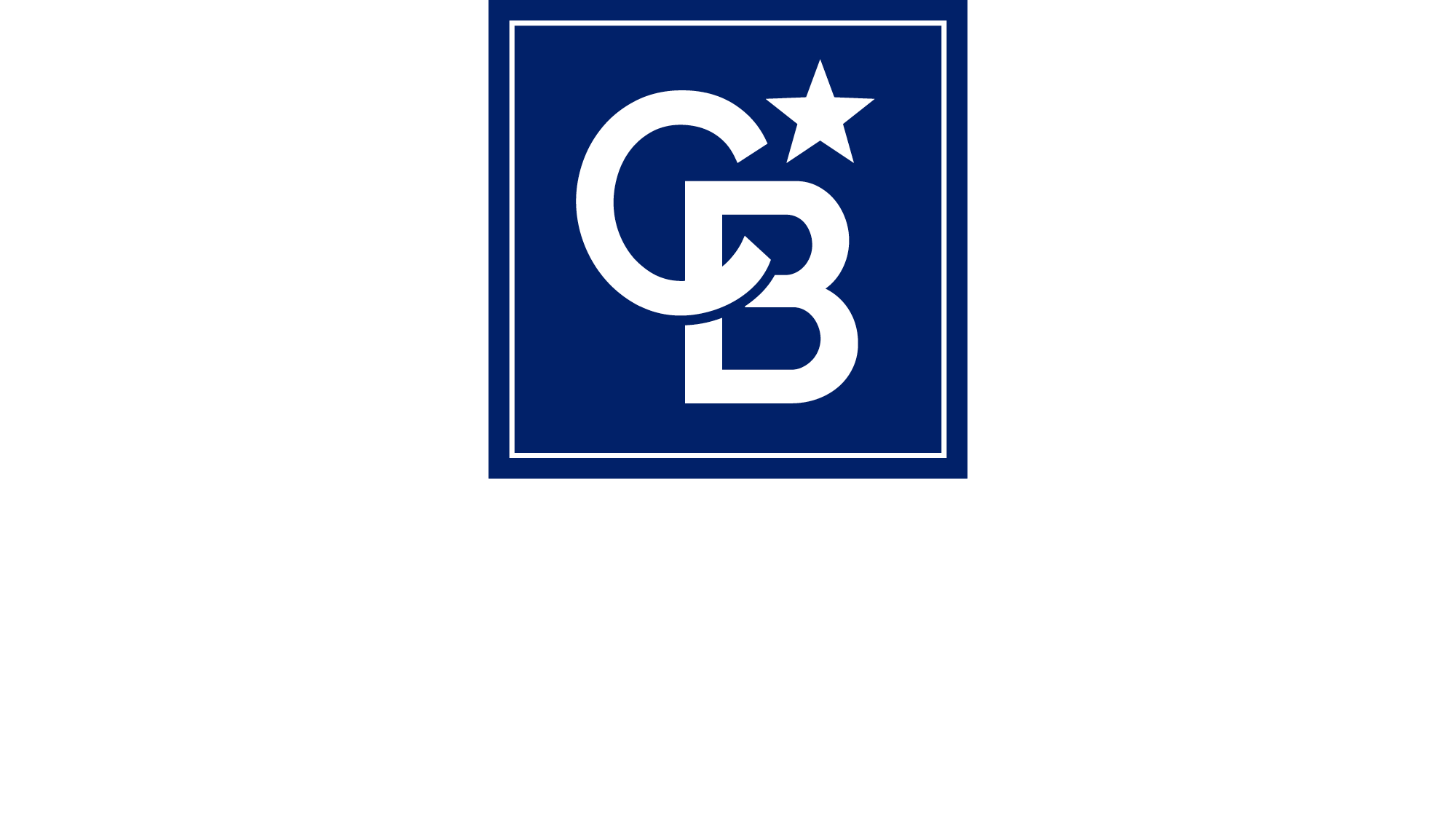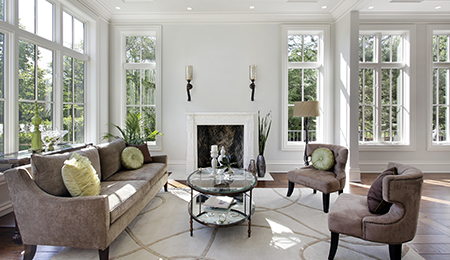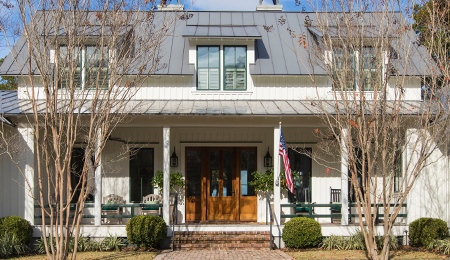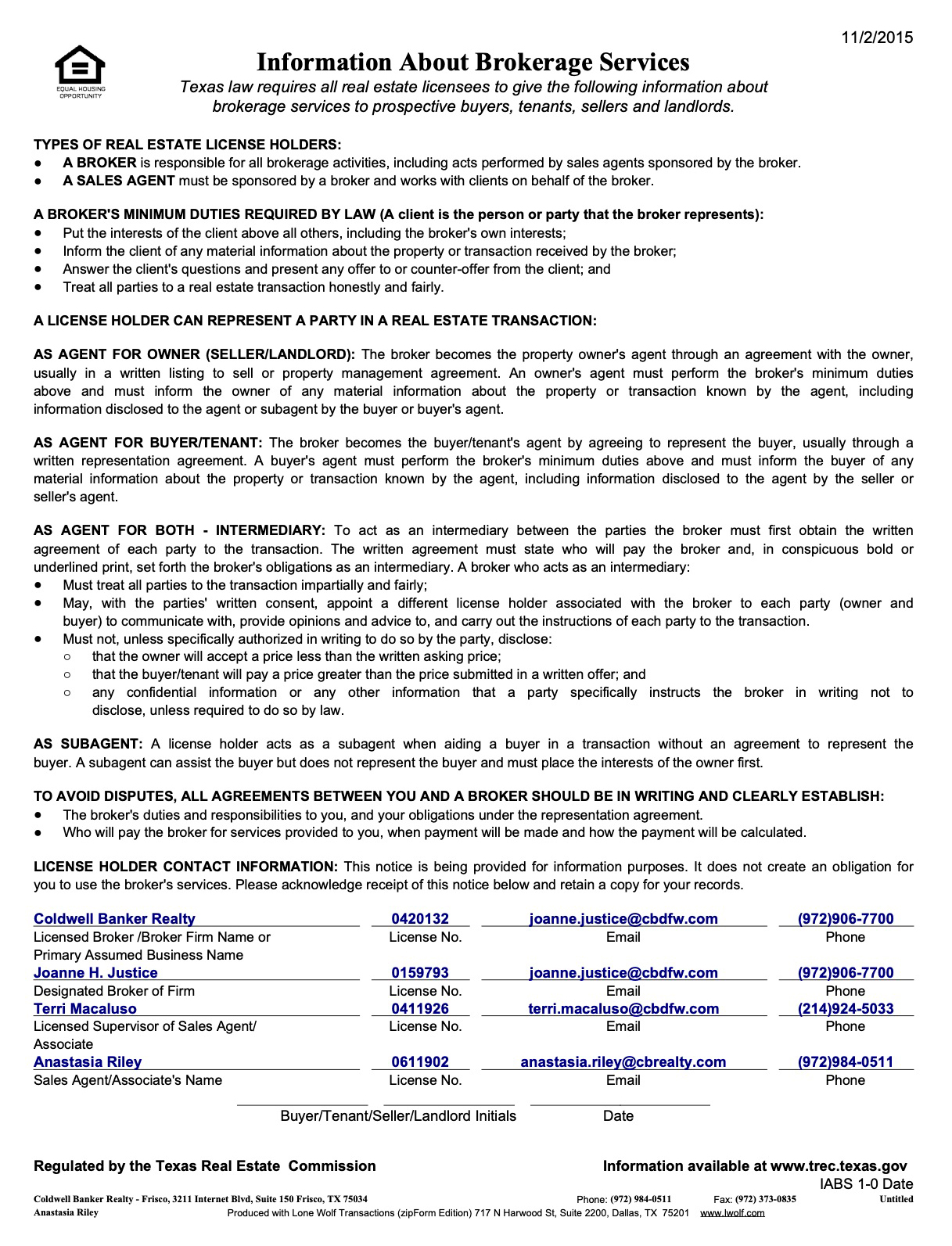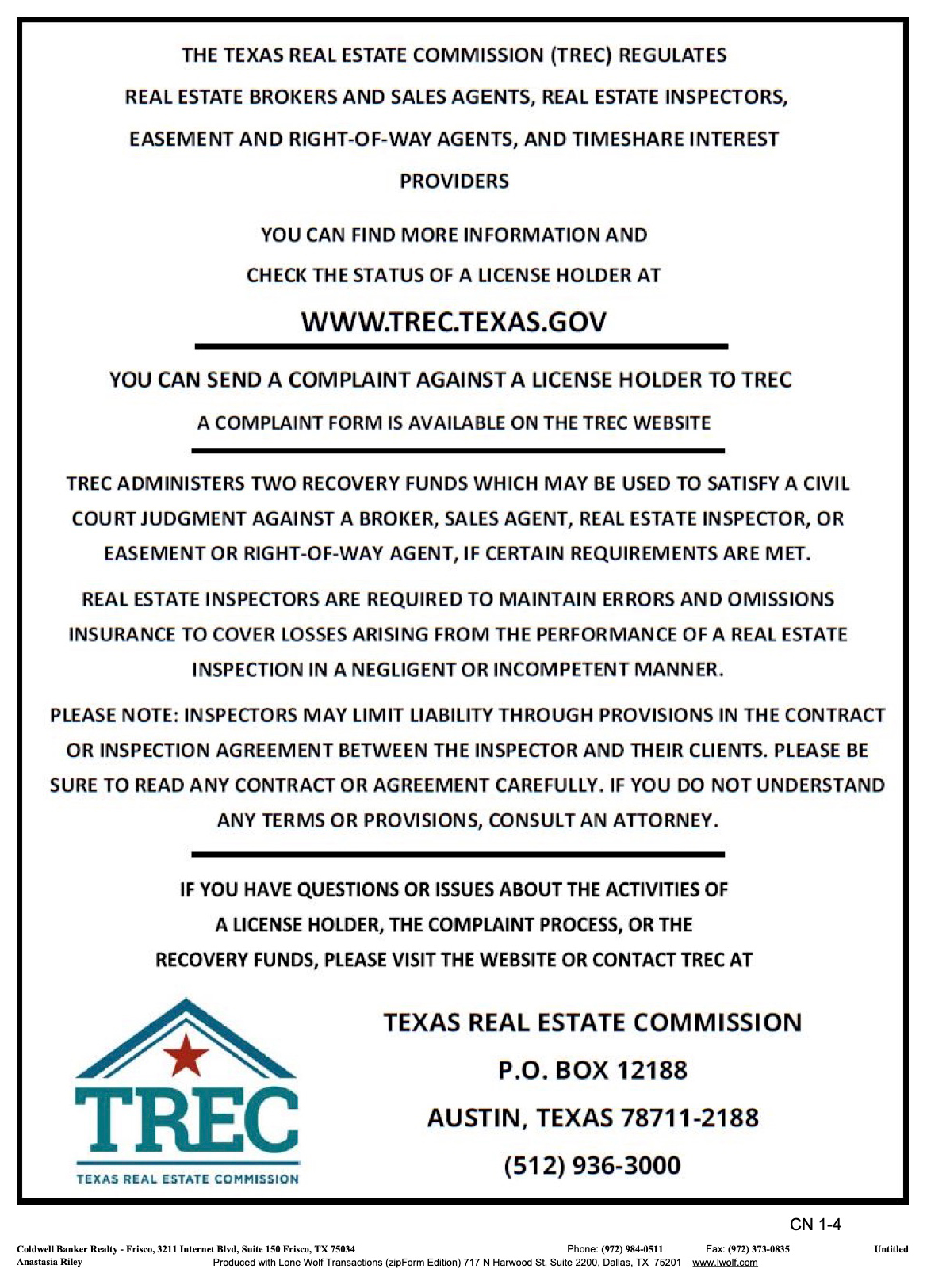There are certain variables you need to take into consideration when pricing your home. Today, I’ll discuss four in particular.
Want to sell your home? Get a FREE home value report Want to buy a home? Search all homes for sale
What’s the key to pricing your home correctly?
Establishing a price for your home is part art, part science. Contrary to what Zillow would have you believe, there is no simple formula for pricing homes in our market. A home’s value involves many variables, some of which can be factored into a computerized analysis, but most will require an in-depth knowledge of current inventory—both past sales and current listings—and the precise skill of being able to interpret current market trends, absorption rates, seasonal fluctuations, and other economic variables that can influence the value of your home.
To top it off, there’s also a human factor to consider, which is very elusive and unpredictable at times, but it’s a very important part of the puzzle.
“A HOME’S VALUE DEPENDS ON MANY VARIABLES.”
There are four main points to consider when pricing your home:
1. Study past sales. This is the starting point to determine the base price of your home. Don’t confuse active listings with sold listings. Active listings haven’t sold yet. It is very important to know your competition, but don’t assume that just because your neighbor listed their home for $3 million that makes your home that much more expensive.
2. Pay close attention to market trends in your area, sub-area, and price range. For example, we have a really strong seller’s market for homes under $300,000 in the north Dallas area. Many homes in that price range sell quickly and at their asking price. That trend, however, doesn’t apply to homes priced at $400,000 or higher unless they have pools or sit on greenbelt lots. Homes with pools and those that sit on greenbelt lots are in a completely different sub-category and they have their own unique set of trends.
3. Price your home strategically. It amazes me how many agents advise their clients to price a home with a 99 at the end believing that a home priced at $299,999 looks better than a home priced at $300,000. A home priced at $299,000 look and sound better than one priced at 300,000, but it can also hurt you. Most homebuyers start their home search online. Imagine, then, a homebuyer sitting at their computer who types in “homes in McKinney between $300,000 and $350,00.” Guess what? Your $299,000 bargain-priced home won’t even show up on their search. If you want to get really psychological about pricing, use a seven instead—not only does it project the message of a very precise value calculation, but many people also consider it a lucky number, which brings me to my next point:
4. Don’t forget about the human factor. This point is the most complex and my favorite to address. Since I majored in psychology in college, I’ll save this point as a topic by itself for a future video.
If you have any questions about pricing your home correctly or you’re thinking about putting your home on the market, don’t hesitate to give me a call. I’d be happy to help you.
Featured Listings
Available near you:
